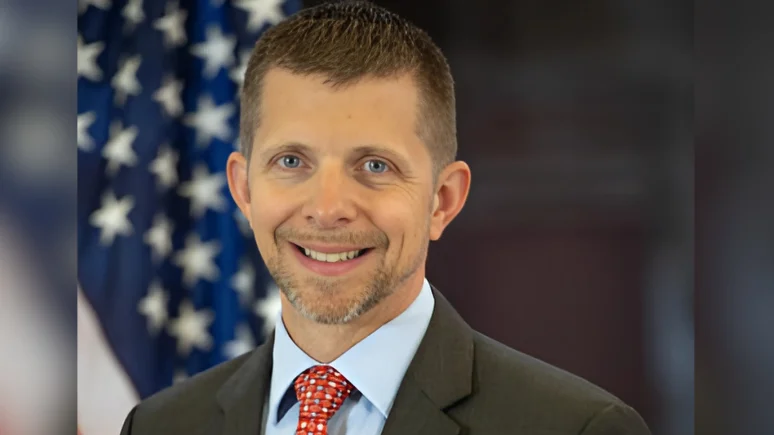Recognizing the strategic importance of energy access and security, the United States and India are expanding their energy cooperation. The partnership aims to diversify energy resources, promote efficiency, and address climate change concerns.
The U.S.-India Energy Dialogue was held in March 2014 in New Delhi. Working groups focused on coal, oil and gas, new technologies, renewable energy, power generation, and efficiency. A new working group for sustainable growth was inaugurated. Workshops were conducted with participation from India's Planning Commission, ministries, private sector representatives, and U.S. Department of Energy researchers. The Civil Nuclear Energy Working Group met at Idaho National Laboratory in July 2014.
The U.S.-India Partnership to Advance Clean Energy (PACE), launched in 2009, has mobilized over $2 billion for clean energy finance supporting India's goals. Under PACE's Joint Clean Energy Research and Development Center, consortia are researching solar energy, building efficiency, and biofuels. The PACE-D Technical Assistance Program supports activities related to renewable energy and cleaner fossil fuels.
Promoting Energy Access through Clean Energy (PEACE) is a PACE initiative launched in September 2013 to bring clean energy access to underserved Indian villages. An $8 million "PACEsetter Fund" was announced during the March 2014 dialogue to support off-grid clean energy solutions. USAID created the Clean Energy Access Network (CLEAN) to support market-driven approaches.
The Off-Grid Alliance will deliver services related to finance access, skills training, technology certification, policy dialogue, and knowledge exchange as part of PEACE.
A collaboration on smart air conditioning was launched at the June 2013 Strategic Dialogue between India's Bureau of Energy Efficiency and the U.S. Department of Energy.
Under the U.S.-India Energy Cooperation Program (ECP), a partnership was announced between the USTDA and Gujarat's GETCO for integrating wind and solar power into its transmission system.
The first meeting of the U.S.-India Climate Change Working Group took place on July 30 during the Strategic Dialogue focusing on a global climate agreement for post-2020.
The NOAA and India's Ministry of Earth Sciences have maintained an MoU since 2008 covering collaborative research including ocean monitoring and weather forecasting.
USAID awarded projects for innovative forestry solutions under its broader goal of improving lives at the economic base in India by addressing climate change impacts on forest-dependent communities.

